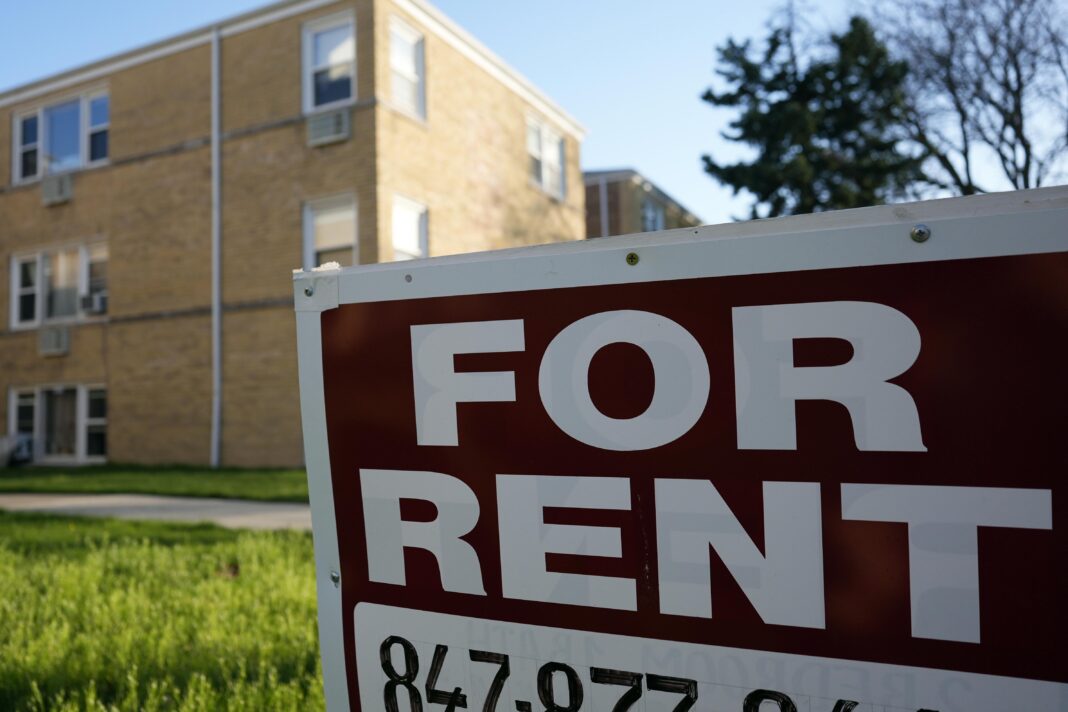The Rise of Algorithmic Screening in Housing: A Case Study
In the spring of 2021, Mary Louis—a Black woman eager to start fresh in a Massachusetts apartment—encountered a significant setback when her tenancy application was denied by a “third-party service.” This service utilized an algorithm designed to score prospective tenants, and Louis found herself at the center of a class action lawsuit questioning these automated decisions.
Algorithmic Discrimination
Louis’s story highlights a critical issue in modern housing practices: algorithmic discrimination. The core of the lawsuit against SafeRent Solutions, the company behind the screening algorithm, claimed that the system discriminated based on race and income. This suit is particularly notable, as it represents one of the first significant legal challenges against automated systems that facilitate housing decisions.
Legal Action and Settlement
On a significant note, the federal court approved a settlement that required SafeRent to pay over $2.2 million and make fundamental changes to its practices. While the settlement did not come with an admission of wrongdoing from SafeRent, the company acknowledged the growing concerns surrounding its algorithmic scoring system. SafeRent maintained that its scoring complied with applicable laws but decided to settle to avoid lengthy and costly litigation.
The Role of AI in Everyday Decisions
The use of algorithms in screening applicants isn’t novel. In various critical areas—employment, loans, and healthcare—the consequences of AI-driven assessments have increasingly shaped people’s lives. Yet, these systems remain largely unregulated, creating a breeding ground for discrimination.
Impact on Vulnerable Populations
The lawsuit accused SafeRent’s algorithm of failing to account for important factors, like housing vouchers, which significantly influence a low-income applicant’s ability to pay rent. This oversight highlighted a critical shift: algorithms often amplify existing inequalities rather than mitigate them. The accusations emphasized that, despite not being programmed to be discriminatory, the algorithm perpetuated systemic inequities prominent among Black and Hispanic communities.
The Human Cost of Algorithmic Decisions
When Louis’s application was denied, she felt powerless against the impersonal nature of the algorithm. Despite providing references from prior landlords demonstrating her reliability in paying rent, her pleas fell on deaf ears. The management company’s response—stating they could not override the algorithm’s decision—reflected the disheartening reality that many prospective renters face.
Legal and Legislative Challenges
While some state lawmakers have sought to regulate such algorithms aggressively, many proposals have languished without sufficient support. This gap in regulation underscores the necessity for legal actions like Louis’s lawsuit to begin holding these algorithms accountable. Legal experts, including Louis’s attorneys, argue that organizations employing these algorithms must recognize their responsibility in the housing decision process.
The Broader Conversation on Accountability
SafeRent’s defense claimed they should not be liable for discrimination since they didn’t make final tenant decisions. However, Louis’s legal team, supported by the U.S. Department of Justice, contended that the algorithm directly influences housing access and must therefore be scrutinized. The court’s refusal to dismiss the case on these grounds emphasized the need for accountability in automated systems.
Settlement Provisions for Change
The settlement reached included stipulations that SafeRent cannot use its scoring feature for applicants utilizing housing vouchers. Furthermore, any new screening scores must undergo validation by a third party agreed upon by the plaintiffs. These measures aim to prevent further discriminatory practices fueled by automated assessments.
Finding New Housing
In the aftermath of her application denial, Louis eventually secured a new apartment through a Facebook Marketplace listing, albeit at a higher cost and in a less desirable neighborhood. Her experience serves not only as a personal narrative of struggle but also as a broader commentary on the systemic challenges faced by individuals relying on automated systems for housing.
A Continuing Struggle
Louis recognized the uphill battle she faces in finding affordable housing without falling prey to discrimination. Despite her challenging circumstances, she remains determined—acknowledging the profound responsibilities she bears for those who depend on her. The resolution of her case indicates a glimmer of hope for those combating algorithmic injustices, but many uncertainties remain in the quest for fair and equitable housing practices.



